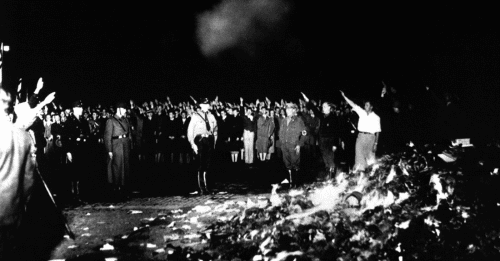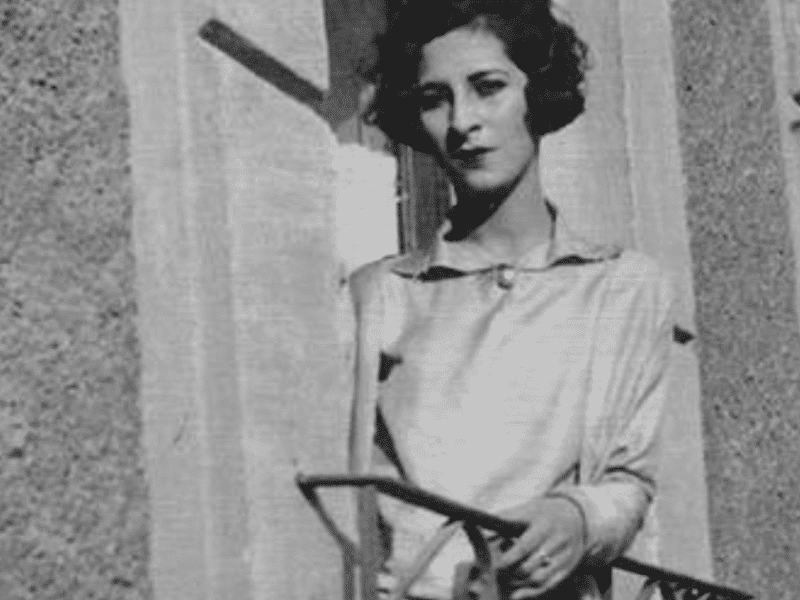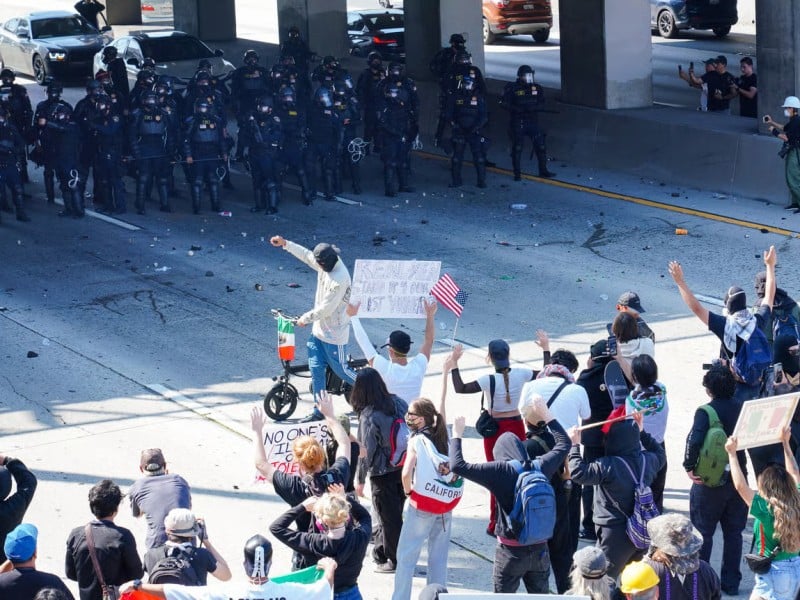Book Bans Continue to Surge: Why the Government Wants to Ban Knowledge
Books aren’t just entertainment; they’re resistance, empathy, education, and more. We explore what’s at stake with the increase in book bans.

Whether you’re an active reader who constantly engages in bookish online spaces like “booktok” and “booksta” or you’re a casual reader, you’ve likely come across comments that state that books aren’t political. And yet, book bans and censorship have been a frequent tactic used by authoritarian regimes throughout history to control the spread of information and suppress dissent.
Despite the troubling nature of book bans, the effort to introduce new bans or expand current ones continues to surge across the United States, with debates over what stories belong on library shelves and in classrooms dominating headlines and legislative agendas. Sweeping proposals like Project 2025 are threatening to escalate book bans and censorship from the state to the federal level. The very act of reading is political, and throughout history, literacy has been connected to radical change, freedom, and social mobility.
Today, the battle over books isn’t just about content, but about who gets to shape the narratives that inform and inspire the next generation. Reading books isn’t just a means of entertainment, escapism, or education, it can also be an act of activism and resistance.
No political movement in history has succeeded without educated people or a means to educate and mobilize others. This is why many bookstores, libraries, and activists create and share reading lists to support movements. For example, with the ongoing genocide of the Palestinian people, Palestinian stories and authors are constantly being highlighted in bookish spaces to raise awareness and educate people. Efforts like those of Publishers for Palestine are just one example, but individual content creators also share recommendations to uplift causes they care about, diversity, and more.
Stories Are a Reflection of Reality and Human Experience
At no point in time have war, disease, hunger, poverty, racism, injustice, etc., not been a part of our reality and human experience. Authors know these things either in theory or because they’ve lived them themselves. As a result, they inform their stories and are reflected in them. This is how, as readers, we’re exposed to an incredibly diverse range of human experiences through the books we pick.
It doesn’t matter if the stories are based in the real world or fantasy worlds; writers write what they know. Their experiences and knowledge of the world are always found in the stories they create in one way or another. Politics are involved even in books we don’t have access to, or have limited access to, because book banning, despite constitutional amendments intended to protect against this practice, still exists and is flourishing.
Authors pour political elements into their works, whether to expose an aspect of our reality for its ugliness or to reimagine it. For example, “The Hunger Games” books, written by Suzanne Collins, aren’t just about a young girl trying to save her little sister. They’re about totalitarian governments, genocide, political repression, poverty, surveillance, revolution, sacrifice to achieve societal change, and more. More recently, “Parable of the Sower” by Octavia E. Butler, was in the headlines for what readers felt was the author’s prescient take, if not all out prediction, of the climate devastation that occurred during the fire catastrophe in the Los Angeles area.
Books Offer Political Expression and Inspire Action
Political expression can be found in all kinds of books. Yes, even romance books. Love stories involve a wide range of characters and depict various relationships. They also reflect the qualities of ideal partners, which are highly influenced by society. Whether it’s people from different social classes falling in love, interracial relationships, and more, authors can and do explore social issues through their characters’ relationships.
Of course, political expression can be positive or negative. While stories can imagine a more just world to provide comfort and hope, or offer perspective or criticism on the issues that plague society, they can also reinforce, promote, or even seek to rationalize those issues.
Therefore, banning a book that explores one aspect of a relationship while allowing books that explore another is, in and of itself, a form of selective indoctrination. A narrow selection of books can teach us to uphold harmful political views, values, beliefs, and stereotypes, while offering no other perspective that challenges these views.
This explains the high number of banned books that explore topics of love, relationships, and the existence of people who identify as LGBTQ+ or as people of color. According to PEN America, a nonprofit organization dedicated to protecting free expression in literature, 36% of the more than 4,000 banned titles in 2024 featured characters or people of color, and 25% included LGBTQ characters. This alarming trend is even more pronounced in certain genres. For instance, among banned history and biography books, 44% featured people of color and 25% included LGBTQ individuals.
Reading and Politics: An Unbreakable Union
While reading is often done for entertainment or relaxation, books are often sought out to increase the reader’s understanding of other cultures or perspectives. Books allow us to explore experiences and perspectives that people wouldn’t otherwise have access to. That exposure can have a profound effect on people, shaping the way they approach each other and influencing their view of collective contributions to society. Authoritarian regimes are aware of this and have used book burning throughout history.
Today’s book banning is akin to piles of burned books reduced to ashes.
Books communicate things about their authors and the world as it was at the time they were written. While books can provide comfort, enjoyment, relief, joy, and more, they are also one of the many ways people use them to empower themselves to effect change, and many in Republican leadership are doing everything they can to stifle this.




